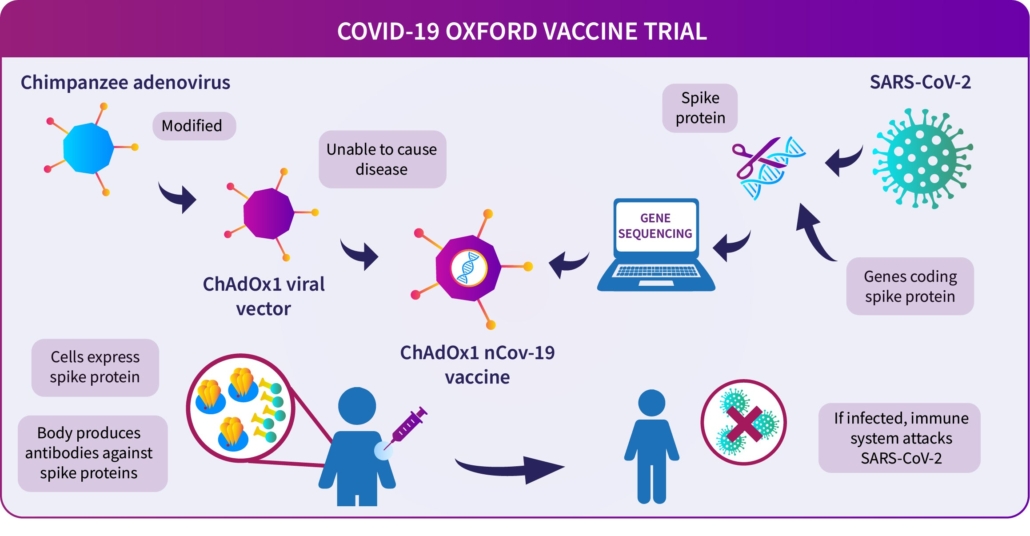
CEPI commits up to US$80m to University of Oxford to develop vaccines
The Coalition for Epidemic Preparedness Innovations (CEPI) and the University of Oxford have entered into a strategic partnership to accelerate the development of globally accessible vaccines against endemic outbreaks.
The US$80m strategic partnership of CEPI, which was established in 2016 in the wake of the Ebola virus outbreak in west Africa, the University of Oxford, and AstraZeneca builds upon ongoing projects to develop vaccines against CEPI priority pathogens Lassa, MERS and Nipah virus, and CEPI’s support for Oxford and AstraZeneca to facilitate the development, manufacturing and clinical testing of Oxford’s COVID-19 vaccine. It targets Disease X’: the threat of unknown pathogens with the potential to cause pandemics. Up to US$80m of CEPI funding will support the University of Oxford’s team of vaccine scientists to develop prototype vaccines against high-risk viral families which could be swiftly adapted if a new viral threat is identified. This would pave the way for the development of new vaccines, based on Oxford’s chimpanzee adenovirus vaccine platform ChAdOx and other rapid response vaccine platforms, within just 100 days of a virus with pandemic potential emerging.
The first COVID-19 vaccine produced by Pfizer-BioNTech took a record 326 days to complete, but this time period, CEPI argued last year when it started its 100 days moonshot project, was still too long. CEPI aims to accelerate the process of developing a vaccine against the next great pandemic threat in as little as 100 days.
CEPI’s strategic partnership with the University of Oxford will make a vital contribution to our work to drive forward the 100 Days Mission,” said Dr Richard Hatchett, CEO of CEPI.
Key to the success of the 100 Days Mission are rapid response vaccine technology platforms – some of which were clinically validated for the first time during the COVID-19 pandemic – that can be used to design vaccines in a matter of days. ChAdOx is one of only a handful of these technologies with proven capability as a platform on which safe and effective vaccines can be quickly developed and manufactured at scale and low cost. The ChAdOx platform was the basis for Oxford’s COVID-19 vaccine which became one of the most widely used COVID-19 vaccines in the world, saving over 6 million lives in the first year of its rollout.
CEPI and the University of Oxford aim to replicate this approach for pathogens from other viral families most likely to cause a future pandemic, by creating prototype vaccines based on ChAdOx and other rapid response platforms, which will be advanced through preclinical and early clinical testing. These prototype vaccines will be key components of the Global Vaccine Library: a repository of knowledge, data and resources which can be pulled off the shelf’ by researchers next time Disease X strikes and used to dramatically accelerate the development of life-saving vaccines.
The collaboration will also support additional activities which CEPI’s analysis has identified as critical to the success of the 100 Days Mission. University of Oxford scientists will explore ways of helping to optimize the manufacturing process for the ChAdOx platform, so vaccines can be rolled out more quickly during an outbreak. The partnership will also support Oxford’s existing network of clinical trial sites around the world, through training and regulatory guidance, so that sites are ready to swiftly test vaccines close to the source of an outbreak, wherever that may be.
Adeno-associated virus-based vaccines, however, have been linked to thrombocytopenia and thrombosis,. Thus, potential adverse effects of pandemic vaccines must be further elucidated within the collaboration.




 Freepik.com
Freepik.com